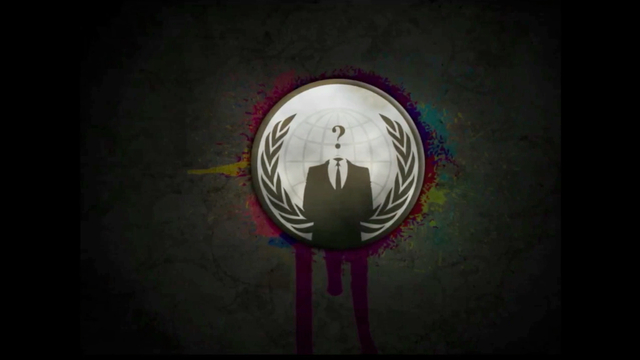article
"If you've been following events in Syria, you'd know that the
English-language press is mostly deeply critical of the Assad regime
(while the Arabic press displays a slightly wider range of views). I
thought it would be worth trying to present a minority report on the
situation from a Syrian friend of mine, although, as you will see, he
argues precisely that his position is actually held by a very
significant majority (albeit a rather quiet and frustrated majority) of
Syrians.
Camille Otrakji is a Syrian political blogger based in
Montreal. Although he tends to keep a low profile, Otrakji has been, for
the past several years, at the forefront of many of the most
interesting and influential online initiatives relating to Syrian
politics. He is one of the authors and moderators at Joshua Landis's
Syria Comment, and the founder of Creative Syria, a constellation of
websites including Mideast Image (a vast collection of original old
photographs of Middle Eastern subjects) and Syrian Think Tank (an online
debate site hosting many of Syria's top analysts). Last year, Otrakji
courted controversy with a new initiative devoted to the subject of
Syrian-Israeli peace, entitled OneMideast.org. He agreed to speak with
me about the latest events in Syria, and I'm sure that his views will
generate plenty of discussion."
Read
